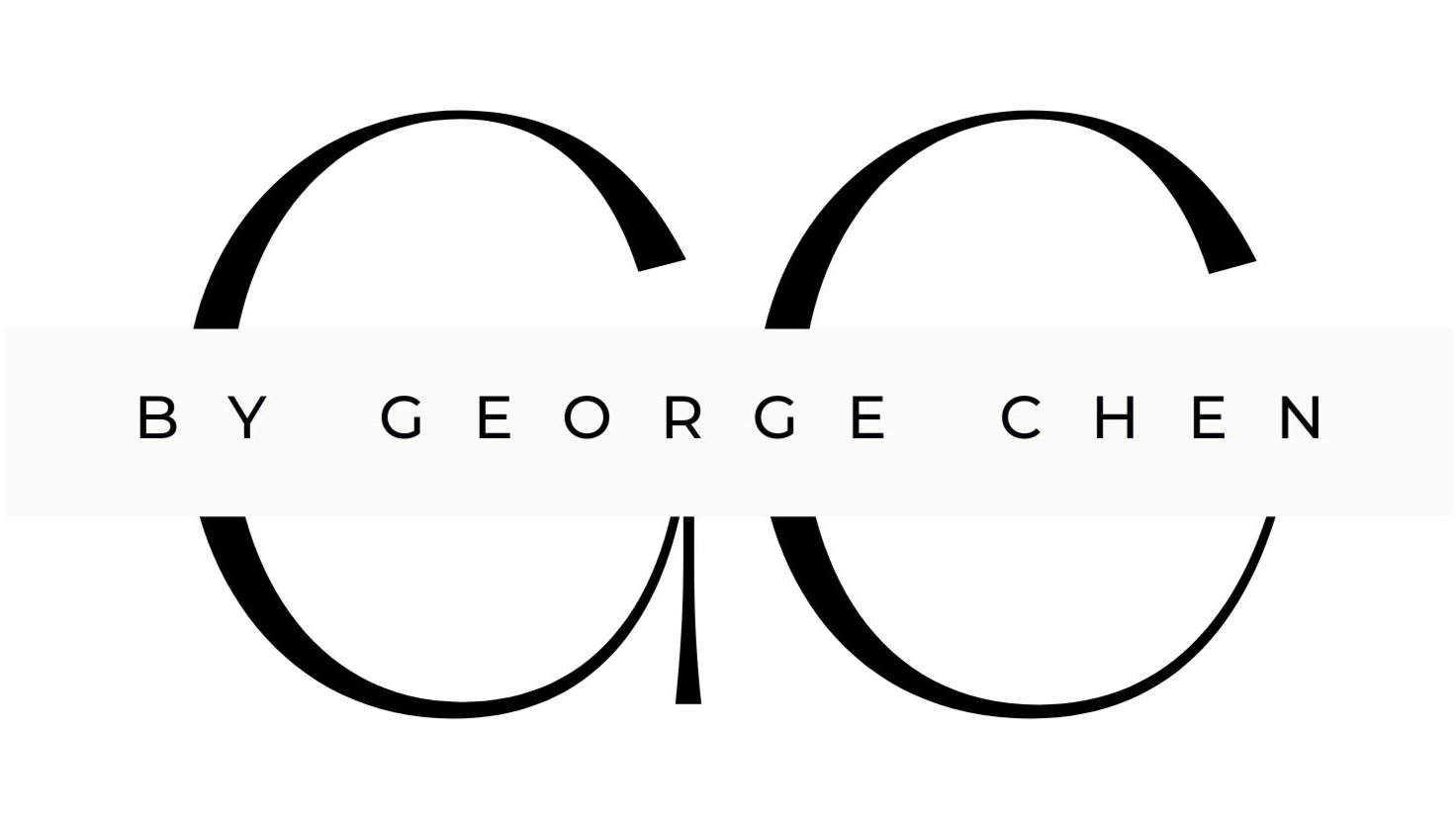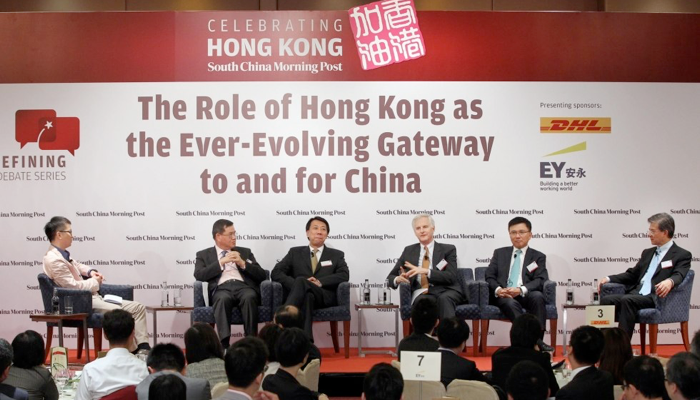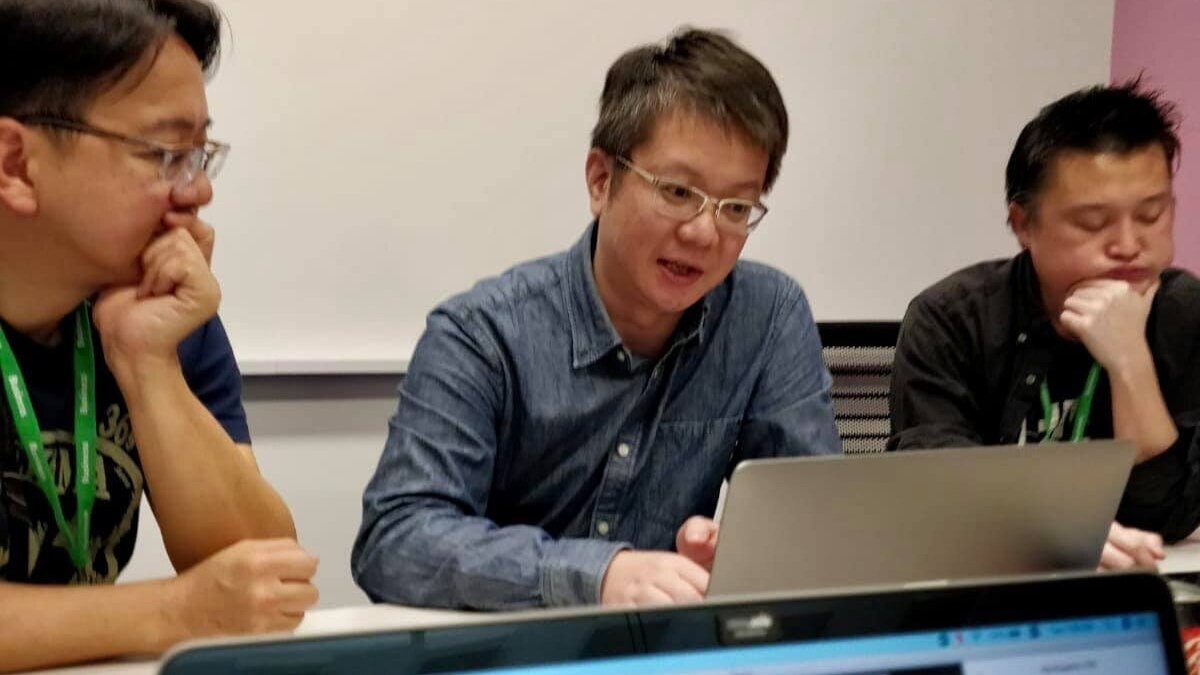Yale World Fellows (Class of 2014) in New Haven, CT (Photo courtesy of Yale University)
I have published and edited several books and online projects over the past decade about business and politics in China, Hong Kong, and Taiwan, as well as about the growing US-China competitions in the aspects of technology and digital trade. Read here for more details. You can also order or download those books online.
Greater China
I have been covering the Greater China region throughout my career so far. I was lucky to start my career in Shanghai at the start of China’s financial industry reform in the early 2000s. I was a member of the Reuters team, which broke the news about Beijing’s key decision in the summer of 2005 to revalue Chinese currency yuan, aka "renminbi or RMB (人民幣)”. It literally means “people’s money”.
In the most recent decade, I have focused more on the political and economic dynamics in the Greater China region related to Hong Kong (example, example) and Taiwan (example), two increasingly important actors in the broader context of US-China relations. I earned my Master’s degree (distinction) for international and public affairs at the University of Hong Kong where I focused my studies on the triangle US-China-Taiwan relations.
I’ve worked, lived, and travelled frequently (in pre-Covid times) across the entire Greater China region. I speak Mandarin Chinese, Cantonese, and Shanghai dialect. I love the old hutongs in Beijing. I love the world’s most delicious dumplings in Shanghai (where I was born). I love hot pot and many friends in Taiwan. I love everything about Hong Kong. Period.
You can find some of my published work about the Greater China region in the “Books” section. The Greater China region has been always an unfinished story and I will be a student of it forever.
Mongolia and Central Asia
I began to cover Mongolia, an important country in history and at present — sandwiched between two big powers, Russia and China — since 2018, and later I expanded my portfolio to include the other five “Stan” countries in Central Asia, with focus on Kazakhstan, the largest economy in the region, and Uzbekistan, the most populous country in Central Asia.
Those countries are widely under-covered across the industries but I consider them strategically important for geopolitics as well as for a more balanced world economic model over the long run. I’ve made in-country visits for many times, which generate heartfelt friendship with many local friends. In 2022 I was awarded the “Medal of Friendship” in 2022 -- the highest honour for foreigners -- by the order of the President of Mongolia for his years-long contributions to Mongolia’s IT industry development.
Tech for Good
My academic background has nothing to do with technology, but I always consider myself a fan and student of new technology. I got my first Intel 486 computer when I was in primary school. I leaned BASIC and MS-DOS in my schoolhood. I also studied Adobe Flash, Dreamweaver, Photoshop, and Microsoft FrontPage for web design.
I’m interested in the interplay between technology and society (people) and have been an advocate for mission-driven entrepreneurship (example). I’m keen to learn how technology can be a good force for our communities amid obviously a lot of new challenges facing us in the big debate over the role of technology for our life and society. That may sound quite similar to the everlasting evolution of the means of transport, from horse, to car, and to nowadays Tesla cars. You can drop me a line to share your views or make a proposal for something we can work on together, especially in the NGO sector. Contact me here.
Freedom of Expression
Even though I left my journalist career quite some years ago, I believe journalism will be in my DNA forever. This may explain why I’m an advocate for freedom of expression, especially now in the digital era.
In my 2013 interview with then Google Chairman Eric Schmidt, he noted two things would become the key to China’s social and economic reforms, i.e. freedom of expression and the Internet. Since then I have explored more about the interplay (example) between some democratic values, for example, free expression, and economic growth. In more recent years (to be more specific, I should say after Donald Trump became the President of the United States in 2016) there have been growing discussions about how we should control “misinformation” (i.e. I don’t like the term “fake news”) while protecting free expression as a basic human right. This is also the research topic (example, example) of my doctoral dissertation for the University of Hong Kong. I expect to finish my dissertation in 2023.










